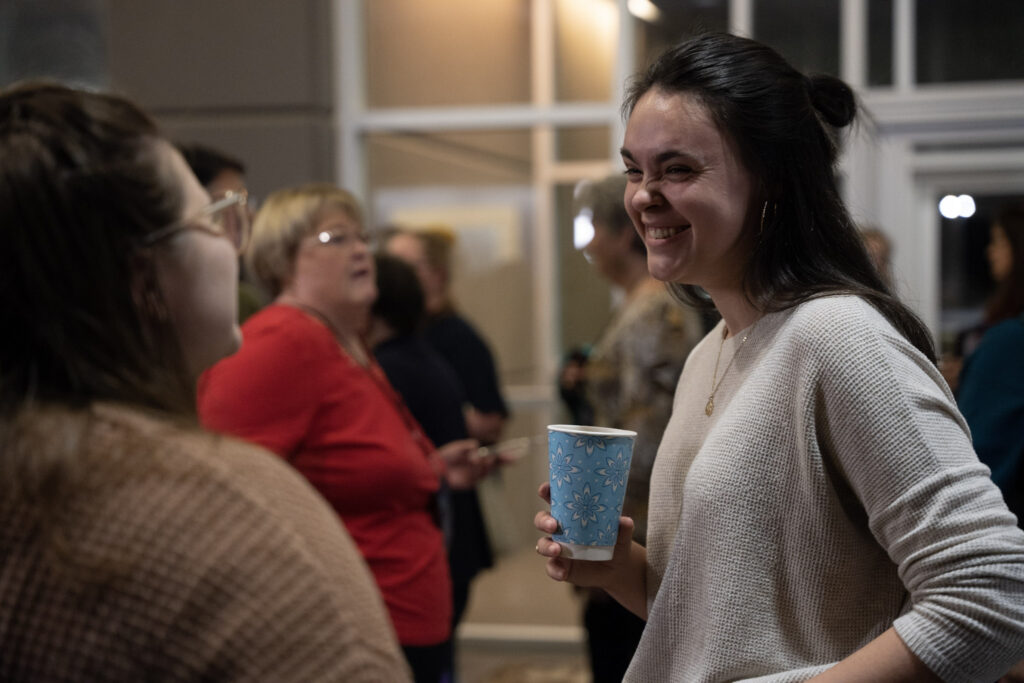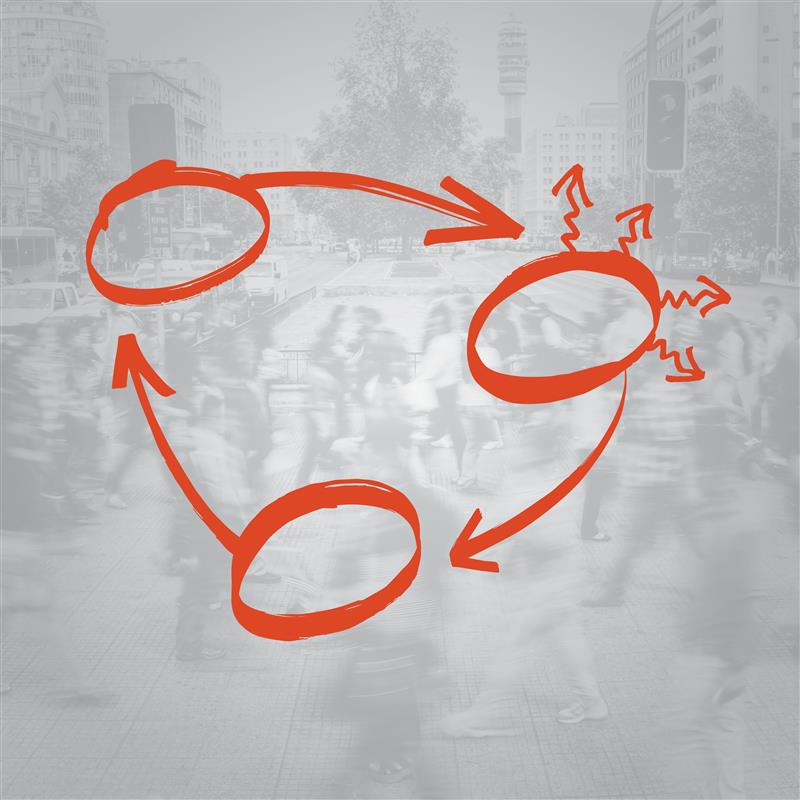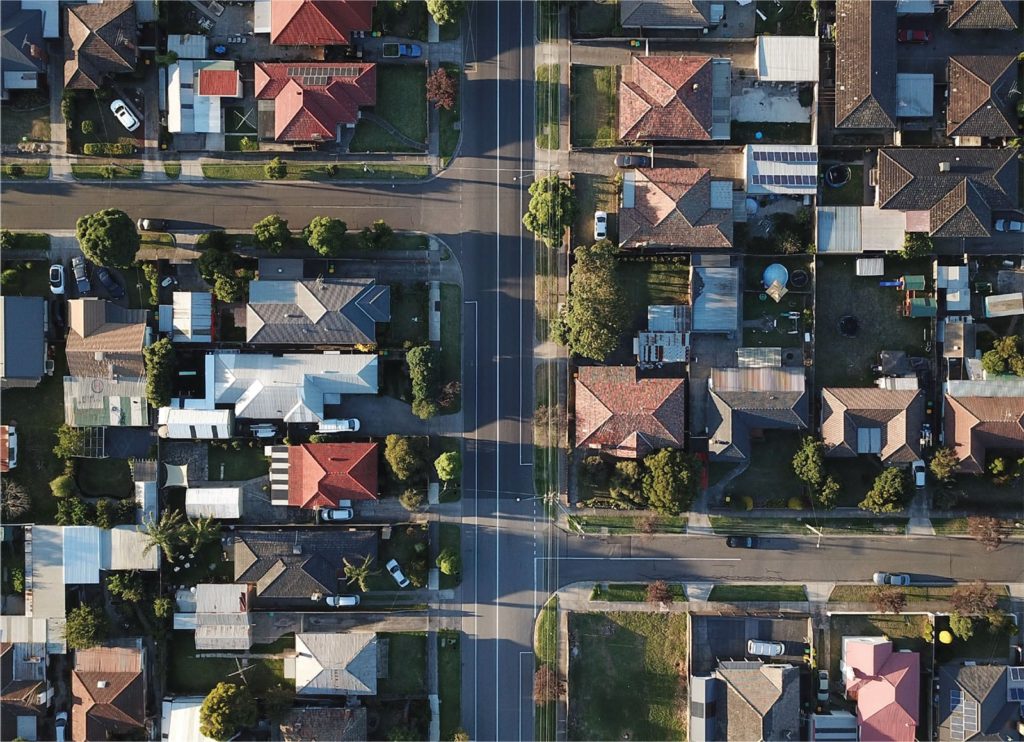


"Prayer isn't just preparation for the work. Prayer IS the greater work."
- Oswald Chambers
Meet our Neighboring Team
If this interest you and you would like to host a Neighboring conference at your church, click the link below to contact us.

Melanie Ratcliffe
Relational Evangelism Director

Allison Miller
Neighboring Trainer

Will Cofield
Neighboring Trainer

Katie Spurlock
Neighboring Trainer
Neighboring leads to life transformation for you and your community.
A grieving widow who builds a friendship with her neighbor across the street.
This friendship gives both a new purpose and fresh hope.

Neighboring Events
No events at this time.
We now live in a culture where front porches are smaller,and back decks are larger. How do we reach a society that values solitude over relationships?
Have questions? Want to learn more?
Contact Melanie Ratcliffe at melanieratcliffe@scbaptist.org or call 803.227.6123









